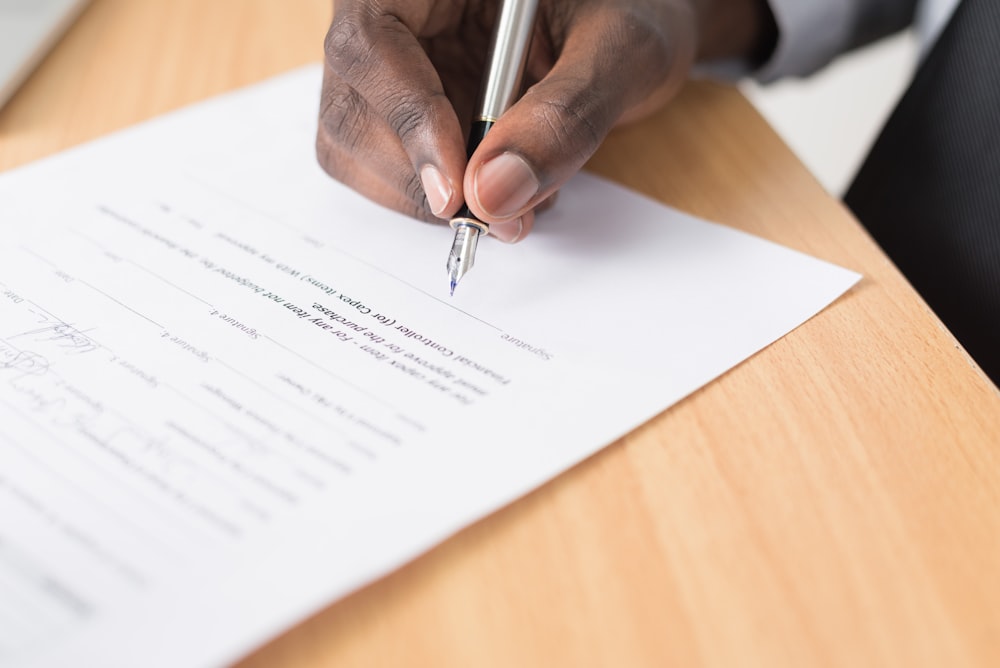Introduction
Legal disputes can be challenging and stressful for all parties involved. Whether it’s a disagreement between business partners, a contractual dispute, or a personal injury claim, navigating these disputes requires careful consideration and strategic planning. In this article, we’ll explore some effective strategies for resolving legal disputes and achieving favorable outcomes.
Understanding the Dispute
The first step in navigating a legal dispute is to gain a clear understanding of the issues at hand. Take the time to review relevant documents, contracts, and communications to identify the root cause of the dispute. Understanding the underlying facts and legal principles will help you develop a targeted strategy for resolution.
Communication and Collaboration
Effective communication is key to resolving legal disputes amicably. Open lines of communication can help parties clarify their positions, identify common ground, and explore potential solutions. Collaborative approaches, such as mediation or negotiation, can often lead to mutually beneficial outcomes without the need for costly and time-consuming litigation.
Seeking Legal Advice
Navigating a legal dispute can be complex, and it’s essential to seek guidance from a qualified legal professional. An experienced attorney can provide valuable insights into your rights and options, as well as help you assess the strengths and weaknesses of your case. With their expertise, you can make informed decisions and pursue the most favorable resolution.
Exploring Alternative Dispute Resolution
Alternative dispute resolution (ADR) methods, such as mediation or arbitration, offer parties a more flexible and cost-effective way to resolve their differences outside of court. These processes allow parties to work together with a neutral third party to find creative solutions that meet their needs and interests. ADR can often result in faster resolution times and reduced legal expenses compared to traditional litigation.
Negotiation Strategies
Negotiation is a common method for resolving legal disputes, whether through direct negotiations between parties or with the assistance of attorneys. Successful negotiation requires careful preparation, clear communication, and a willingness to compromise. By focusing on shared interests and exploring creative solutions, parties can often reach mutually acceptable agreements that avoid the need for formal litigation.
Litigation as a Last Resort
While negotiation and ADR are often preferable for resolving legal disputes, litigation may be necessary in some cases where parties cannot reach a settlement through other means. If litigation becomes unavoidable, it’s essential to work closely with your attorney to develop a strong legal strategy and present your case effectively in court. Litigation can be time-consuming and costly, so it’s crucial to weigh the potential risks and benefits carefully.
Documenting Agreements
Once a resolution has been reached, it’s important to document the terms of the agreement clearly and accurately. Whether it’s a settlement agreement, a contract amendment, or a court order, having written documentation ensures that all parties understand their rights and obligations moving forward. Clear and comprehensive documentation can help prevent future disputes and provide a solid foundation for enforcement if necessary.
Maintaining Professionalism
Throughout the dispute resolution process, it’s important to maintain professionalism and civility, even in the face of disagreement or conflict. Respectful communication and cooperation can help foster goodwill between parties and increase the likelihood of reaching a successful resolution. By focusing on finding common ground and working together towards a solution, parties can minimize animosity and move forward constructively.
Conclusion Read more about Legal dispute



